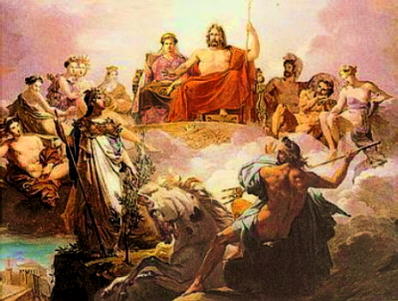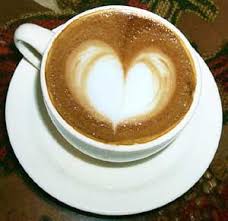
A man born in the province of Cartago, March 20, 1800, Braulio Carrillo Colina is remembered as a "heavy handed dictator," (Biesanz, 20). Carrillo is also considered the architect of Costa Rica. He was a head of state that favored national unity but had to exert force to stay in power. Carrillo aimed to achieve as much as possible during his term and fought with government staff in order to achieve what he wanted to.
While Carrillo is remembered as a dictator, he has some pretty interesting achievements. I don't really like his achievements- who would ever want less holidays?!?! but he was sort the kind of guy who didn't like lazy people I guess.
List of Carrillo's Achievements:
- Abolished the Ambulance Act and established the capital at San Juan de Tibas
- Reduced the number of holidays (this
really is what makes him a dictator, people need/like/want holidays)
- Promoted labor and fought laziness
- Organized the national justice sector
- Made a plan to boost agriculture
- Separated Costa Rica from Central American Federal (certain people such as the next head of state really did not like this one)
- Made San Jose the capital
- Decreed by Constituent Assembly that Costa Rica assumed full sovereighnty making the nation free and independent
- Organized courts
- Promoted coffee production
- Decreed the basic law and guarantees
Carrillo's Law of Guarantees in 1841 gave more power to make reforms to the counties developement. He ended his dictatorship when he was overthrown by General Fransisco Morazan, one of the people who didn't like Costa Rica being separate from the Central American Federation. He died in El Salvador on May 15, 1845 (probably by someone who was upset about the less holidays decree). He was remembered as one of the strongest rulers who wanted to develope Costa Rica and brought order to Public Administration. So I suppose he was ok since his dictatorship came out with
something that would help the country (more progress), but he was still pretty bad just because he took away some holidays.


 Cartago, founded in 1562 by Juan Vasquez de Coronado was the first Spanish settlement in Costa Rica, as well as the first capital city.
Cartago, founded in 1562 by Juan Vasquez de Coronado was the first Spanish settlement in Costa Rica, as well as the first capital city. Though frequent earthquakes have destroyed buildings again and again, the intensity of the Spanish culture still remains. The ruins of the Santiago Apostle Church are a sight to see, as well as la Basilica de los Angeles, not to mention the bustling mercados that are full of campañeros selling their fresh produce right off the finca.
Though frequent earthquakes have destroyed buildings again and again, the intensity of the Spanish culture still remains. The ruins of the Santiago Apostle Church are a sight to see, as well as la Basilica de los Angeles, not to mention the bustling mercados that are full of campañeros selling their fresh produce right off the finca.



 "The Olympians" of Costa Rica were Don Cleto and Don Ricardo who alternated presidencies from 1906-1936.
"The Olympians" of Costa Rica were Don Cleto and Don Ricardo who alternated presidencies from 1906-1936.



















